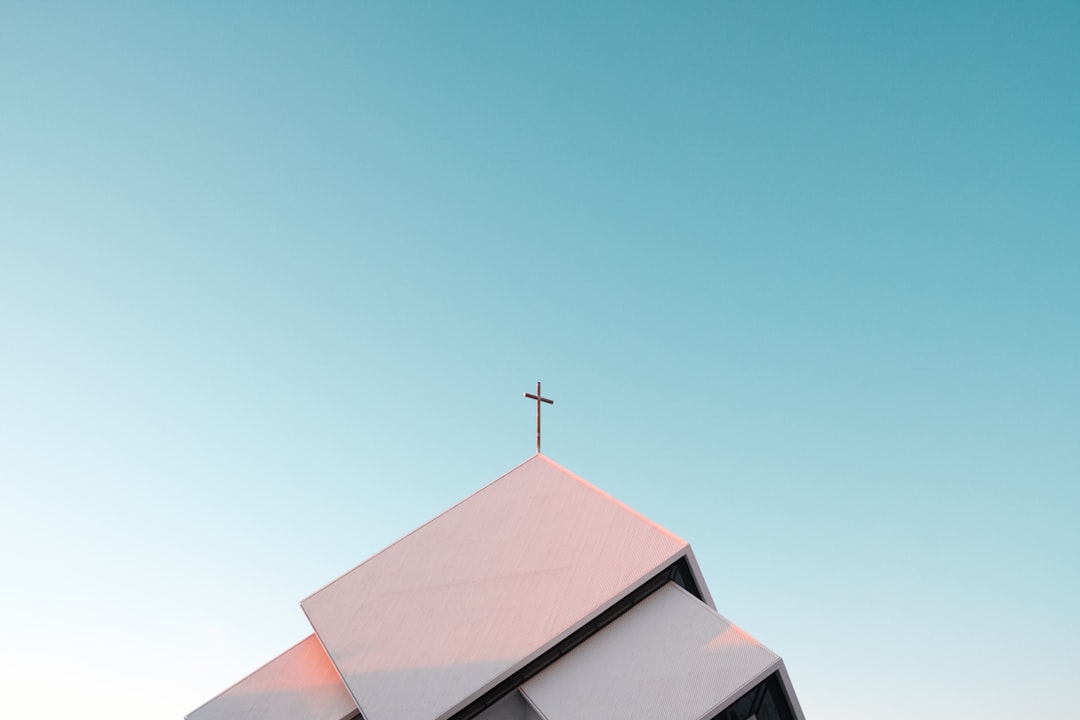[Disclaimer] This article is reconstructed based on information from external sources. Please verify the original source before referring to this content.
Neeews Summary
The following content was published online. A translated summary is presented below. See the source for details.
The death of Pope Francis, the 266th Pope of the Catholic Church, marks a significant moment in the history of the Vatican and the global Catholic community. Born Jorge Mario Bergoglio, Pope Francis was elected in 2013, becoming the first Jesuit and the first Latin American to hold the papacy. During his tenure, he was known for his progressive and inclusive approach, advocating for social justice, environmental protection, and outreach to marginalized communities.
Pope Francis’ passing at the age of 88 has sparked a wave of mourning and reflection within the Catholic Church and beyond. As the leader of the world’s largest Christian denomination, his death will have far-reaching implications. The funeral proceedings, attended by dignitaries from around the world, highlight the global significance of the Pope’s role and the reverence with which he was held. The transfer of his remains to the Basilica of Santa Maria Maggiore is a symbolic gesture, underscoring the enduring legacy he leaves behind.
“Pope Francis was a transformative figure who left an indelible mark on the Catholic Church,” says Father Thomas Reese, a senior analyst at the Religion News Service. “His emphasis on mercy, compassion, and social justice resonated with Catholics and non-Catholics alike. His willingness to address controversial issues, such as climate change and the role of women in the Church, made him a polarizing but influential leader. His passing will undoubtedly lead to a period of transition and introspection within the Vatican, as the Church grapples with the challenges of the 21st century.”
In the wake of Pope Francis’ passing, several other significant events have occurred in the Catholic Church and the global political landscape. The election of the next Pope, a process known as the papal conclave, is expected to be closely watched and widely debated. Additionally, the ongoing tensions between the Vatican and certain national governments, such as the recent disagreements over the Church’s stance on social issues, are likely to be a point of focus in the coming months.
Source: Wikinews-fr
Our Commentary
Background and Context
The passing of Pope Francis marks a significant moment in the history of the Catholic Church. As the 266th Pope, he held the papacy from 2013 until his death in 2025 at the age of 88. Pope Francis was the first Jesuit and the first Latin American to lead the Catholic Church, which has over 1.3 billion followers worldwide. During his tenure, he was known for his progressive and inclusive approach, advocating for social justice, environmental protection, and outreach to marginalized communities, which made him a transformative figure within the institution.
Expert Analysis
According to Father Thomas Reese, a senior analyst at the Religion News Service, Pope Francis’ emphasis on mercy, compassion, and social justice resonated with both Catholics and non-Catholics. His willingness to address controversial issues, such as climate change and the role of women in the Church, made him a polarizing but influential leader. Reese notes that Francis’ passing will undoubtedly lead to a period of transition and introspection within the Vatican, as the Church grapples with the challenges of the 21st century.
Additional Data and Fact Reinforcement
The Catholic Church is the largest Christian denomination in the world, with over 1.3 billion adherents globally. The process of electing a new Pope, known as the papal conclave, is a highly significant event that is expected to be closely watched and widely debated. Additionally, the Vatican’s relationship with national governments, particularly on social issues, has been a point of tension, and this is likely to continue to be a focus in the coming months.
Related News
In the wake of Pope Francis’ passing, several other notable events have occurred in the Catholic Church and the global political landscape. The election of the next Pope will be a closely watched process, as the Church seeks to chart a course for the future. Additionally, the ongoing tensions between the Vatican and certain national governments, such as the recent disagreements over the Church’s stance on social issues, are likely to remain a point of focus.
Summary
The death of Pope Francis marks the end of an era for the Catholic Church, but his legacy will undoubtedly continue to shape the institution and its role in the world. As the Church prepares to elect a new leader, the global community will be closely monitoring the transition and the direction the Church takes under new leadership. Pope Francis’ commitment to social justice, environmental protection, and inclusivity has left an indelible mark, and the challenge for the next Pope will be to build upon this foundation while addressing the evolving needs of the Church and its faithful.


